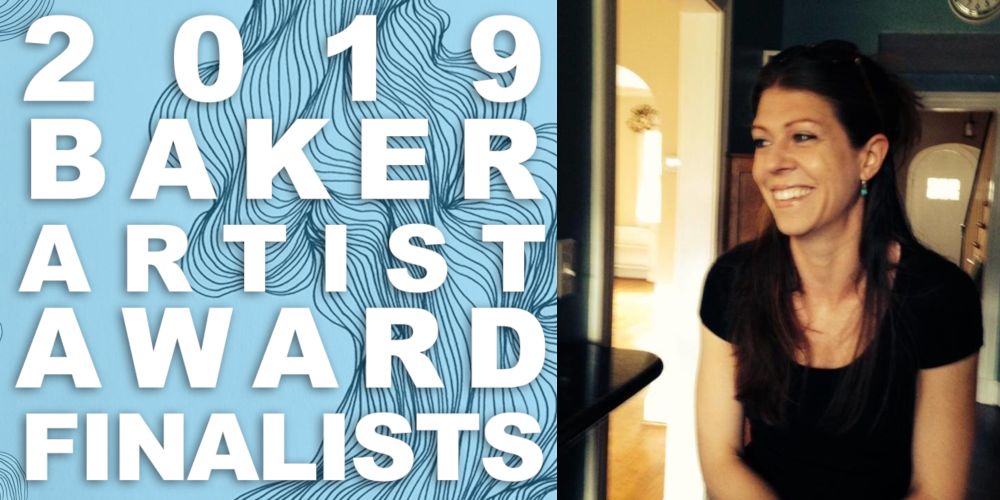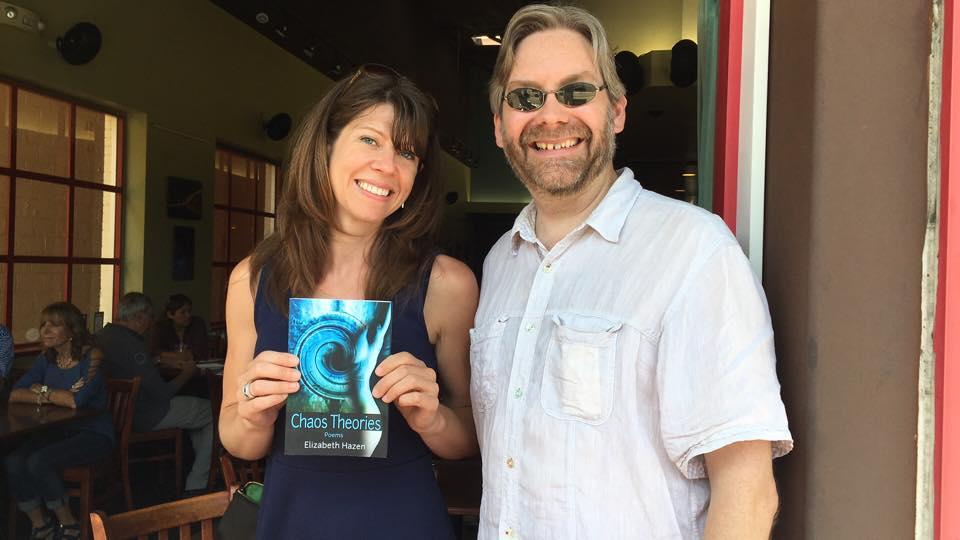An introduction to Rita Dove by Grace Cavalieri
In a stunning video, Grace covers the life and work of the first female of color US Poet Laureate
"If critics look at a literary model of a balanced life, the thinking, feeling, sensual, and intuitive, this can be seen as a template for Rita Dove’s writing."
Grace Cavalieri's new web series "20th-Century Poets Commentaries" is off to a strong start with introductions and commentaries on such poets as Robert Hayden, Ted Kooser, Robert Pinsky, and Josephine Jacobsen.
Rita Dove, the first female of color to hold the vaunted position of US poet laureate, claims an important place in late 20th-century poetry and American history.
Her Pulitzer Prize-winning collection Thomas and Beulah, Grace explains, displays her use of intuition in creating semi-biographical poems that reach, in Dove's words, to the "inner-truth."
You can support Grace's mission to create a video on every US Poet Laureate (and then some) by buying her book Other Voices, Other Lives.
All of her commentaries are produced by Forest Woods Media (a 501c3).
Fiddlin’ Around in Ireland
Nothing buoys the spirits like a walk along Grafton Street. Gray day or sunny, it’s bright with noise and laughter. Loud “hellos,” babies crying, neighborly gossip, rich brogues and lilting Irish airs float up onto the breeze. Our chosen course allowed for a stroll through St. Stephen’s Green. Sunlight dappled the leafy brakes. Inspired by the moment, Lawrence liberated his fiddle and sawed out a hornpipe. He was joined in his performance by a pair of amorous ducks.
On Grafton street we were immediately surrounded by music. A couple of 9 and 10-year-old boys, Donald Reagon and Paul O’Neill, were delighting passersby with smooth moves on the fiddle and concertina. College students with shaved heads played sitars. Old men played jazz. A guitarist somewhere was plucking out George Harrison tunes and singing, “Here comes the sun, little darlin’ here comes the sun.”
On that musical street there was only one poet—a threadbare character who, for a pound or a punt (Irish pound) or nothing at all, would recite a poem by a poet of one’s choosing. I selected Yeats and was honored with “The Fiddler of Dooney”:
“When I play on my fiddle in Dooney, Folk dance like a wave of the sea . . .”
An Interview with Elizabeth Hazen, Baltimore Poet and Baker Award Finalist
Baltimore poet, Elizabeth Hazen’s first collection of poems is entitled Chaos Theories. Last week the young poet was announced as a finalists for the prestigious Baker Artist Award in literature. We sat down to talk with her about her experience in Baltimore as an artist and what programs like The Baker Awards mean to artists.
Elizabeth Hazen Announced as a Finalist for the 2019 Baker Award
This year, ASP’s own Elizabeth Hazen, author of the poetry collection Chaos Theories, is a finalist for the $10,000 literary honor. Hazen is a Baltimore resident and ardent supporter of the city’s burgeoning arts scene (named by Thrillist and Departures magazines as one of the best arts cities in America). She received her MFA from Johns Hopkins University and currently teaches English at the Calvert School in Baltimore.

